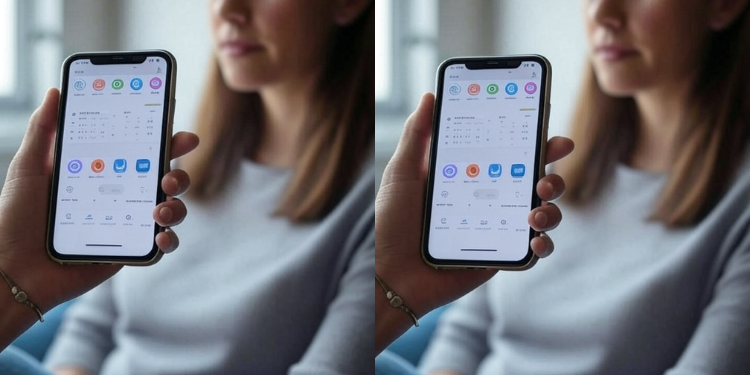Cambridge University researchers have warned women tracking their menstrual cycle using their mobile apps in recent research.
Researchers at the University called on public health institutions, including the NHS, to introduce reliable, research-based alternatives to commercially driven menstrual tracking apps.
This follows concerns that personal health data from these apps is being exploited for profit.
“Women deserve better than to have their menstrual tracking data treated as consumer data,” Prof Gina Neff said.
Women menstrual data commercialized
According to a new report by the Minderoo Centre for Technology and Democracy, smartphone applications designed to monitor menstrual cycles are being used as tools for consumer profiling.
These apps gather highly sensitive information, including data on users’ diets, medications, physical activity, hormone levels, sexual activity, and contraceptive choices.
The report warned that the public, especially women, often underestimate the economic value of this deeply personal information, which is collected by profit-focused companies in an industry that lacks robust regulation.
“Menstrual cycle tracking apps are presented as empowering women and addressing the gender health gap, yet the business model behind their services rests on commercial use, selling user data and insights to third parties for profit,” said Dr Stefanie Felsberger, lead author of the report from Cambridge’s Minderoo Centre.
The authors cautioned that if such data falls into the wrong hands, it could lead to serious consequences such as discrimination in employment and health insurance, workplace surveillance, cyberstalking, or restricted access to abortion services.
“There are real and frightening privacy and safety risks to women as a result of the commodification of the data collected by cycle tracking app companies.”
Also Read: Dangerous Pregnancy Complication: African Women at Higher Risk of Pre-eclampsia
Lead author Dr Stefanie Felsberger argued that despite being marketed as tools that empower women and help bridge the gender health gap, these apps primarily functioned on a business model that profited them from selling user data and insights to third parties.
Privacy and safety of the collected data not assured
“The data collected by these apps can pose serious threats to women’s privacy and safety,” she said.
The report also suggests that advertisers may tailor content based on different phases of a user’s cycle. For instance, during the oestrogen phase, sometimes linked to higher sexual attraction, users may be shown more beauty product adverts.
Professor Gina Neff, Executive Director at the Minderoo Centre, emphasised the need for change.
“Women should not have their menstrual data treated as just another form of consumer data. This information could be used to advance health research and inform care, giving women valuable insights into their health.”
Dr Felsberger argues that the commercial use of this data can lead to reproductive control, and therefore, it should not be managed by private firms.
Also Read: Cambridge Among Institutions Closed Down by TVETA
Though some major apps have revised their data-sharing policies, data continues to be shared with third-party providers and external developers managing app services.
The report recommended that apps, at a minimum, include a “delete” function that removes user data from both the app and company servers to prevent misuse in legal or health-related situations.
Additionally, it stressed the importance of public education around digital health tools and suggested that schools should include lessons on data privacy in medical apps.
Follow our WhatsApp Channel and X Account for real-time news updates.





![[Live Blog] Thousands Line Up For Raila’s Final Viewing At Mamboleo A Photo Of Kneyans Viewing The Body Of Raila Odinga At Mamboleo. Photo/Citizen](https://thekenyatimescdn-ese7d3e7ghdnbfa9.z01.azurefd.net/prodimages/uploads/2025/10/a-photo-of-kneyans-viewing-the-body-of-raila-odinga-at-mamboleo.-photocitizen-360x180.png)






































































Women Warned Over Using Menstrual Apps
[url=http://www.g1h3ss68ke4n59k947d3w843q8zi8qcys.org/]ujibjgyexr[/url]
ajibjgyexr
jibjgyexr http://www.g1h3ss68ke4n59k947d3w843q8zi8qcys.org/